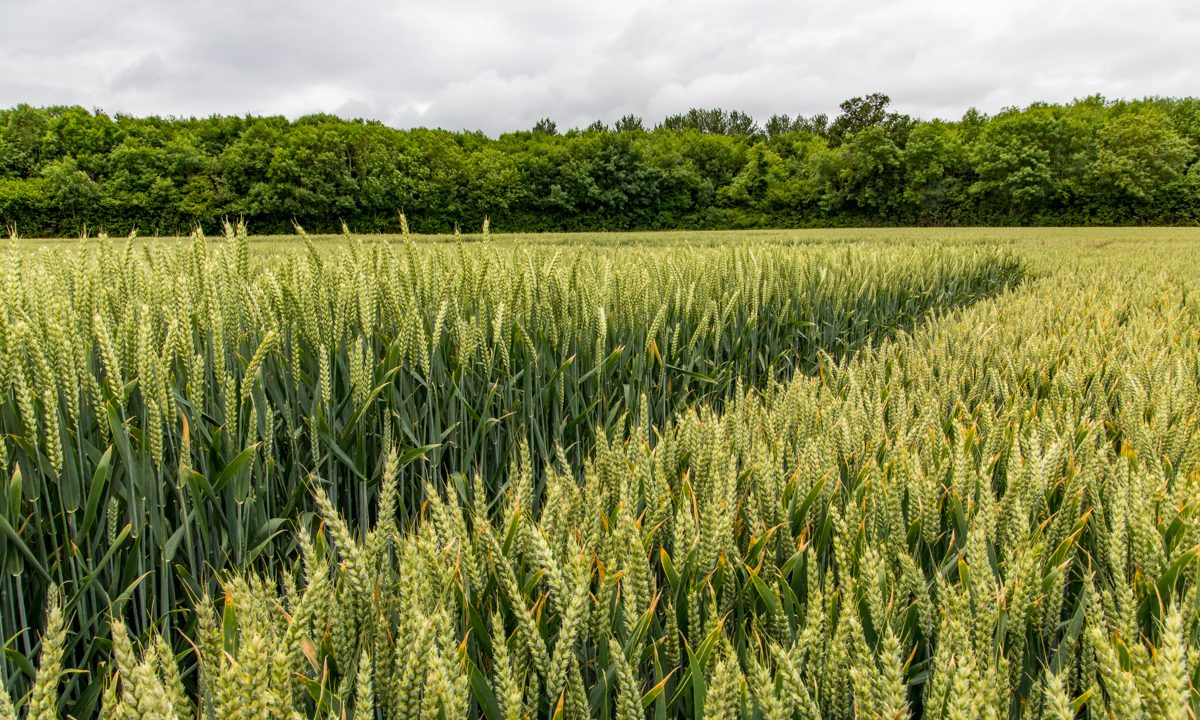The impact of the tillage sector on Ireland’s water quality was one of the topics up for discussion on a recent edition of the Tillage Edge podcast.
Teagasc’s Michael Hennessy discussed the matter with Ted Massey, who heads up the Department of Agriculture, Food and the Marine’s (DAFM’s) nitrates division.
Massey pointed out that “no one sector is responsible for Irish agriculture’s impact on water quality”, adding:
“All sectors across the industry have to address the issue.”
“When it comes to tillage, once crops start to ripen, the nitrogen starts to move from the plants back into the soil.
“Where we have warm dry soil, it will mineralise. Subsequent to this, the nitrogen can be easily lost, if not taken up by a plant. So, with shallow cultivation, the aim is to stimulate the growth of a plant and hold the nitrogen,” he explained.
Over time, it is also hoped that such an approach will act to improve soil quality, he added.
Tillage impact
According to Massey, scientific research carried out in Ireland has confirmed that tillage farming can impact water quality and biodiversity.
Moreover, this same work has also quantified the level of nutrient losses from tillage operations.
“We know there are losses coming from tillage land. There is a particular issue with regard to the leaching of nitrates from lighter soils,” he explained.
The new Nitrates Action Programme amendment impacts 14 counties – located across the east, south-east and the midlands.
Massey further explained:
“For farmers outside these catchment areas, there is no requirement to carry out shallow cultivations.
“For farmers, where there is an obligation to carry out shallow cultivation, we are saying that within 10 days of straw being baled or chopped, directly post harvest, shallow cultivation must take place.
“In all cases, shallow cultivation or the sowing of a new crop must take place with 14 days post harvest.”
Stubble land
Where birds are concerned, the new nitrates amendment allows for between 20-25% of stubble land to be retained per holding, post harvest.
“We are planning to do research on this matter. And, in light of the results obtained, these recommendations may be further refined,” said the DAFM representative.
“Other exemptions are also included in the new amendments. These include all organic farms, matters that relate to the harvest of root crops, and the late harvesting of cereals.”
“The idea of implementing a shallow cultivation plan is to encourage the germination of seeds that are already in the ground.
“Farmers can supplement this with the sowing of additional seeds, should they wish to do so,” Massey said.
